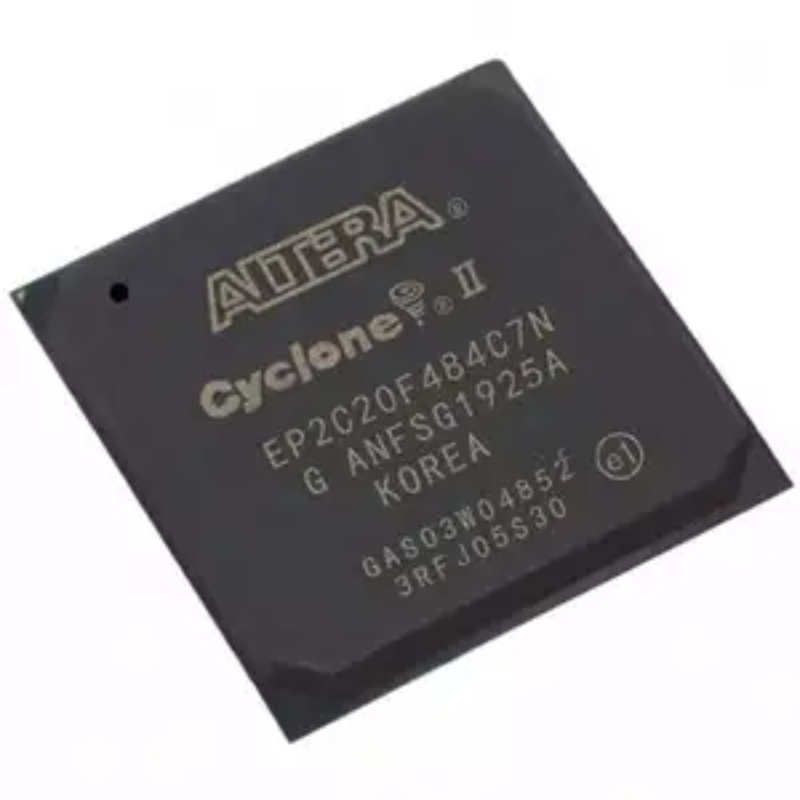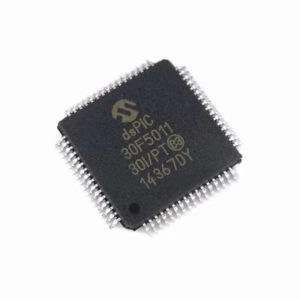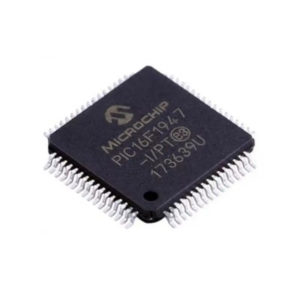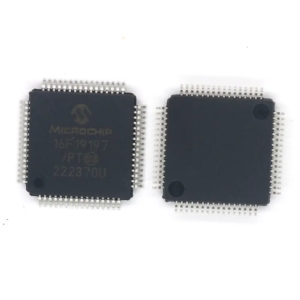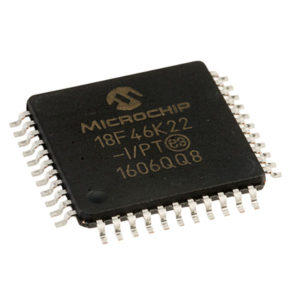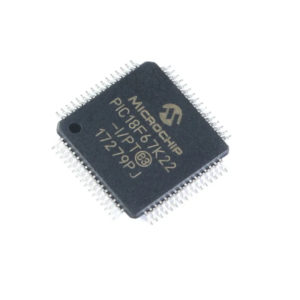EP2C20F484C7N
| Manufacturer | Altera |
| Description | IC FPGA 315 I/O 484FBGA |
| Category | Integrated Circuit |
| Package | BGA-484 |
| Status | New & original |
| Ship From | HK/SHENZHEN |
| Stocks | 10,000 |
Please submit your BOM List or Input the part online
Description
The component “EP2C20F484C7N” appears to be an FPGA (Field-Programmable Gate Array) from Altera’s Cyclone II series. FPGAs in the Cyclone II family offer a balance between cost, power consumption, and performance.
FPGAs are programmable integrated circuits that allow users to configure digital logic circuits and create custom digital designs. They consist of an array of configurable logic blocks, interconnects, and I/O (input/output) resources. The configuration of an FPGA can be modified or reprogrammed to implement different logic functions or complex digital systems.
Based on the naming convention used by Altera (now owned by Intel) for their FPGA products, “EP2C20F484C7N” likely represents specific details such as the variant, package type, and speed grade of the FPGA.
The application of the “EP2C20F484C7N” FPGA would depend on its characteristics, features, and the requirements of the project or system it is being used in. Generally, FPGAs like the Cyclone II series find applications in various fields, including:
1. Embedded systems: FPGAs can be used in embedded systems for tasks such as real-time control, sensor interfacing, and data processing. They provide flexibility and reconfigurability, making them suitable for applications in industrial automation, automotive electronics, and aerospace.
2. Digital signal processing: FPGAs are widely used in digital signal processing applications due to their parallel processing capabilities. They can be utilized for tasks such as audio/video processing, telecommunications, and software-defined radio.
3. Prototyping and emulation: FPGAs are commonly used for rapid prototyping and system emulation. They allow designers to quickly implement and test their designs before committing to a specific hardware implementation.
4. Education and research: FPGAs are popular in educational and research environments for teaching digital design, computer architecture, and exploring novel computing paradigms. They provide a hands-on platform for experimenting with different digital circuits and algorithms.



















































